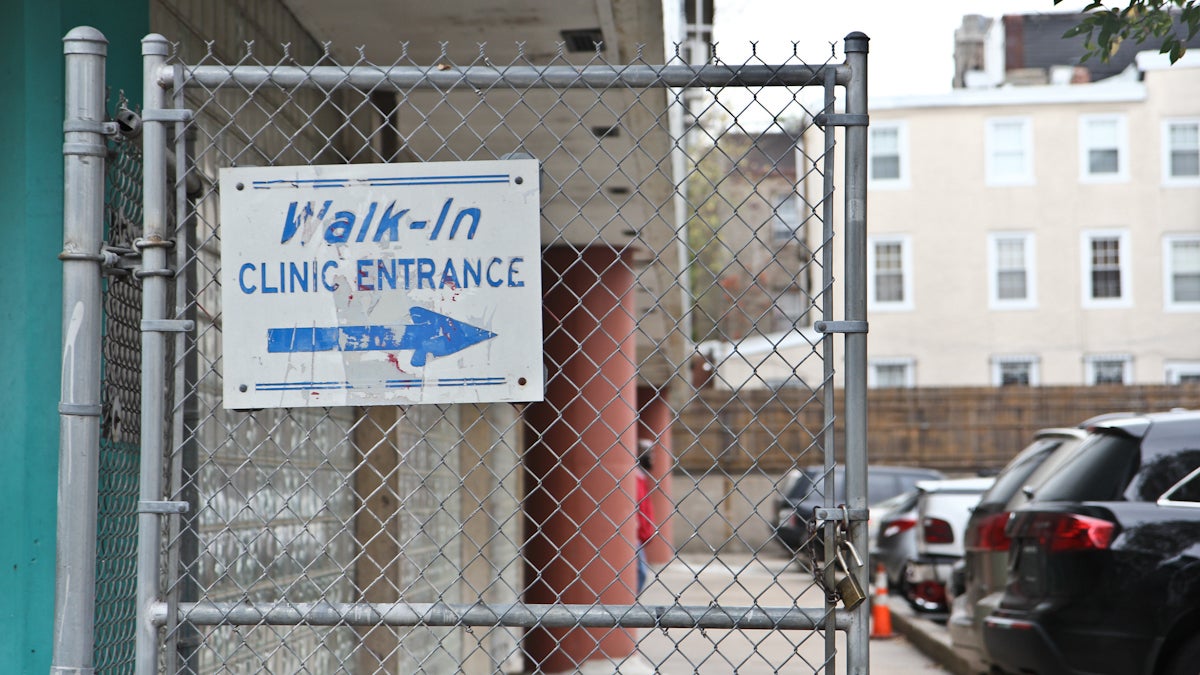Philadelphia region counters sharp rise in STD rates nationwide

(Kimberly Paynter/WHYY)
Sexually transmitted infections have risen to “unprecedented” levels, not seen since the 1980s, according to a recent report from the Centers for Disease Control and Prevention.
The region encompassing Philadelphia, Camden and Wilmington, however, appears to be bucking that trend, with rates remaining steady and even declining in recent years.
Nationwide, cases of gonorrhea, chlamydia and syphilis are hitting record highs, increasing anywhere from 6 to 20 percent between 2014 and 2015. That’s based on the number of new infections per 100,000 people.
Philadelphia’s deputy health commissioner, Dr. Caroline Johnson, thinks local prevention efforts aimed at young adults have helped the region combat the upward trend. That’s important because the 15 to 24 year old age group is especially hard hit by sexually transmitted diseases (STD’s).
“I think our approach locally has always been to look aggressively for them, to treat STD’s very quickly,” she said. “About 5 years ago we really took on a major initiative to push prevention messages especially to adolescences and young adults who seem to bare a lot of the burden of STD’s.”
Johnson says that has included a TakeControlPHL social media campaign, which allows teens to order free condoms online, and having workers go directly into schools to offer free testing and treatment.
“That is not typical,” she said. “Very few big cities run program like this, and when they do it it’s just in a couple of schools. So, with the cooperation of the School District of Philadelphia we’ve been in all the public high schools for about 15 years.”
The CDC in part attributed the increasing national infection rates to declines in public health funding for health centers and prevention initiatives. By contrast, Johnson says the city has been able to maintain services and run a free STD clinic.
Rates within Philadelphia itself are generally high, and not all is on the decline. Syphilis infections have increased a lot in the last 5 years, especially among men who have sex with men, with about 60 reported cases per 100,000 people in the city.
WHYY is your source for fact-based, in-depth journalism and information. As a nonprofit organization, we rely on financial support from readers like you. Please give today.

